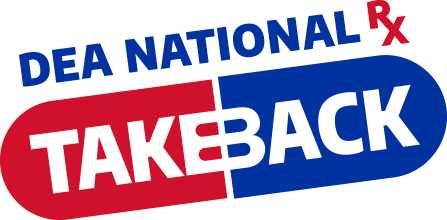According to the 2016 National Survey on Drug Use and Health, 6.2 million Americans misused controlled prescription drugs. The over-prescription and general availability of medicines like benzodiazepines, oxycodone and amphetamines have contributed to our current epidemic.
We all have medicine cabinets, and many of those cabinets contain years’ worth of leftover prescriptions. We’d be willing to bet most of them fall into one of two categories – expired or unnecessary. And it may seem harmless to leave them lying around, but half of all people who misuse drugs get their first dose from their friends, relatives or simply take them without asking.
It’s important to understand that nobody is immune to addiction and take precautions to limit easy access to these medications. Consider your teen. We imagine you don’t want them drinking, or smoking marijuana with their friends. And you probably don’t want them giving into peer pressure and helping themselves to what lies in the back of the medicine cabinet either.
But tossing the tablets isn’t as simple as it sounds. While some can be thrown away traditionally, others must be flushed or, better yet, brought to the professionals for proper disposal – which is why the DEA created National Prescription Drug Takeback Day.
Once a year, the organization teams up with local law enforcement to provide convenient, no-questions-asked spaces for citizens to discard of their prescription drugs. On October 27 from 10am to 2pm local time, police stations will open their doors to people wishing to do their part in fighting addiction. We encourage you to take a few minutes to root around the cabinet and see what you’re able to throw away.
Last year, 5,300 sites collected 900,000 pounds of unwanted medications. Join us in making an even bigger impact this year. Massachusetts’ drop-off locations can be found via the locator: https://takebackday.dea.gov/.



